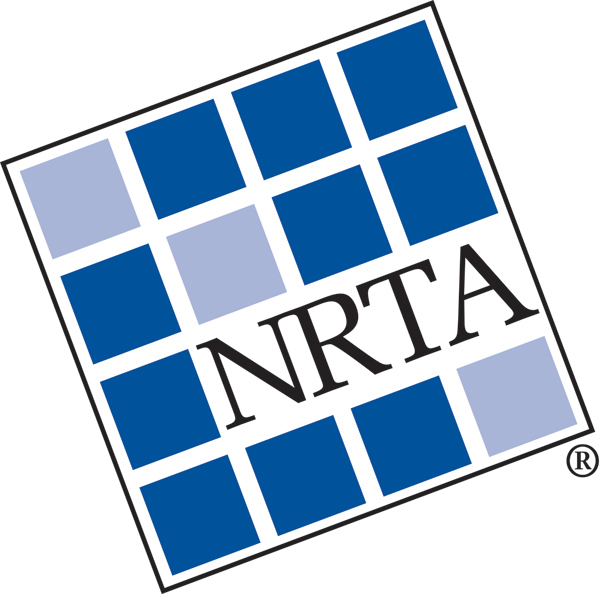Landlord’s Work and Tenant Improvement Allowances: Do You Need Security?
by C. Gregg Ankenamn, Esq. and Daniel B. Myers, Esq.; Wendel, Rosen, Black & Dean, LLP
After being burned during the economic downturn, retail tenants entering into leases with large improvement allowances or significant amounts of landlord’s work are seeking new ways to protect themselves. For most deals, requiring a landlord to provide security is not necessary or practical and landlords (and their lenders) are generally very reluctant to agree to do so. However, for certain deals–particularly where the amount at stake exceeds several million dollars–a tenant should consider security options. The fact that shopping centers and other retail properties are often owned by single-purpose entities also factors into the tenant’s consideration.
Where a tenant thinks security may be necessary, the tenant has several potential avenues to explore with a landlord, ranging from due diligence to third party guaranties and escrow accounts. Below we discuss various forms of security for improvement allowances and landlord’s work, from easier to harder to obtain:
Trust and Verify:
Evidence from banks or other third parties that the landlord has adequate financial resources or financing can provide some comfort where security cannot be obtained.
Protection in Subordination Non-Disturbance and Attornment Agreements (SNDA): Most lender-form SNDAs exempt the lender from liability for defaults of the landlord and from responsibility for construction or allowance obligations. Tenants should push for some protections and, at a minimum, seek offset rights.
Guaranty from Landlord Parent or Affiliate: Because landlords use single-purpose entities to limit liability for parent companies, financial partners and investors, this type of guaranty may be difficult to obtain. Under the right circumstances, however, a parent or affiliate may give a limited guaranty to certain tenants covering short-term, initial landlord obligations for completion of landlord’s work or payment of an allowance. Of course, the value of the guaranty depends on the financial strength of the guarantor and enforcement can be cumbersome and slow.
Letter of Credit: Properly structured letters of credit can provide protection against landlord bankruptcy and claims by other creditors. Landlords may resist providing a letter of credit to avoid costs and the need to tie up funds as security for the letter of credit.
Tri-party Agreement with Landlord’s Lender: These types of agreements, usually with a landlord’s construction lender, can be a viable form of security if both the landlord and its lender are willing to agree to terms that provide the tenant with meaningful security without adding burdensome requirements or conditions. Often, construction lenders want to impose conditions that closely track the conditions for draws under the landlord’s construction loan. This can be a problem from the tenant’s perspective because this can make the payment process slower and more cumbersome than under the lease.
Escrow Account: An escrow account can be a good alternative if the landlord is willing and able to fund the escrow in the amount of the allowance. Where used as security, the tenant will want to make sure the escrow agreement does not impose greater conditions or requirements for payment to the tenant than those that exist under the lease.
In deals where a tenant thinks security may be necessary, raising it as early as possible in the lease negotiation process will increase the chances of success. In all cases a tenant should do thorough due diligence and make sure the lease allows for offset rights in the event the landlord fails to timely pay the allowance. In additional, although often difficult to obtain, where circumstances warrant, a tenant may want to negotiate self-help rights to allow the tenant to perform parts of landlord’s work if the landlord fails to do so.
Gregg Ankenman and Dan Myers, both partners in the Real Estate Practice Group at Wendel, Rosen, Black & Dean LLP, represent clients on leasing and other real estate transactional matters throughout the country. They can be reached by phone at (510) 834-6600 and by email at [email protected] and [email protected].
